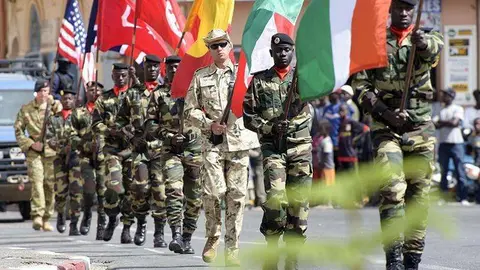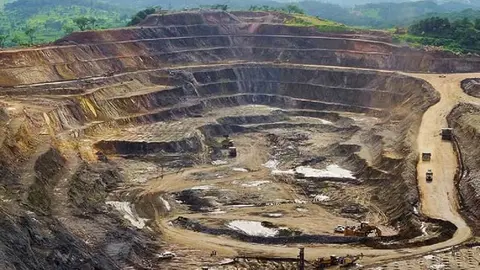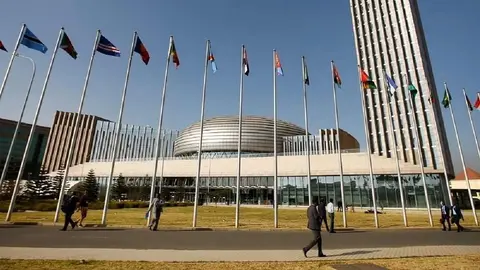Morocco and Ghana: a model of unity and progress on the African continent
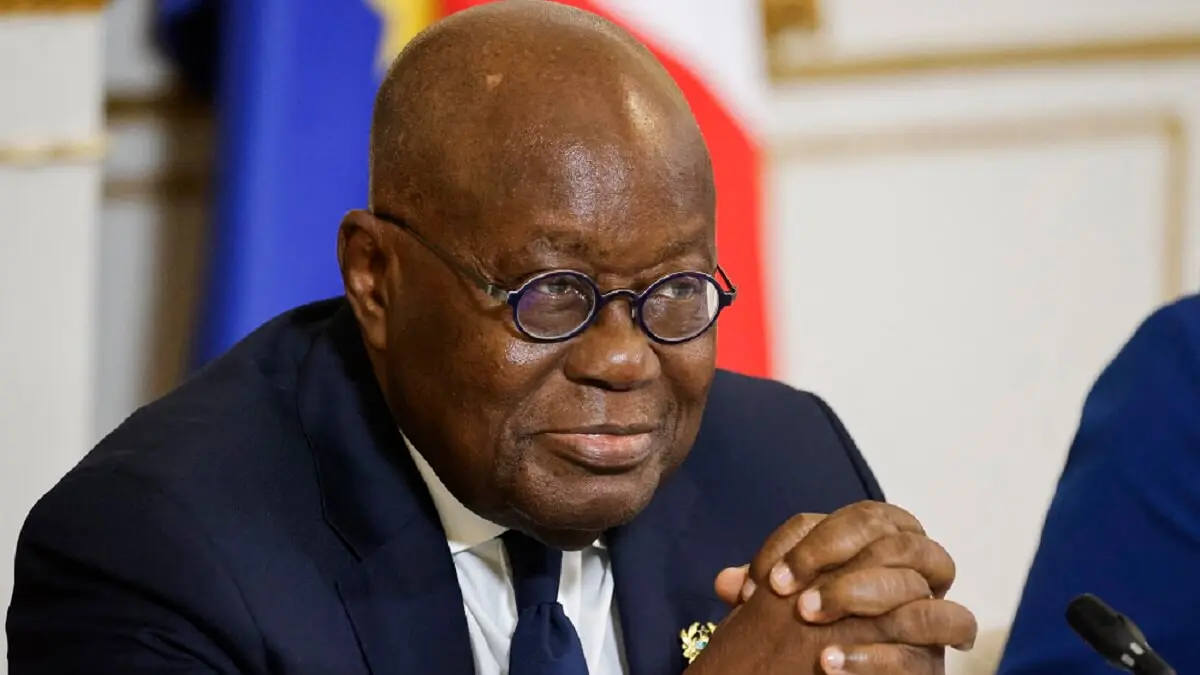
- Strengthening trade and cultural cooperation
- OCP's impact on Ghana's food security
- Human capacity building through scholarships
Relations between Morocco and Ghana offer a clear example of how African countries can forge stronger and more effective partnerships, leaving behind the barriers inherited from colonialism, such as artificial borders, commodity-focused economies and linguistic divisions.
The partnership between the two countries has its roots in the immediate post-independence era, when Morocco and Ghana played a crucial role as members of the Casablanca group in founding the Organisation of African Unity (OAU), now known as the African Union, in the 1960s.
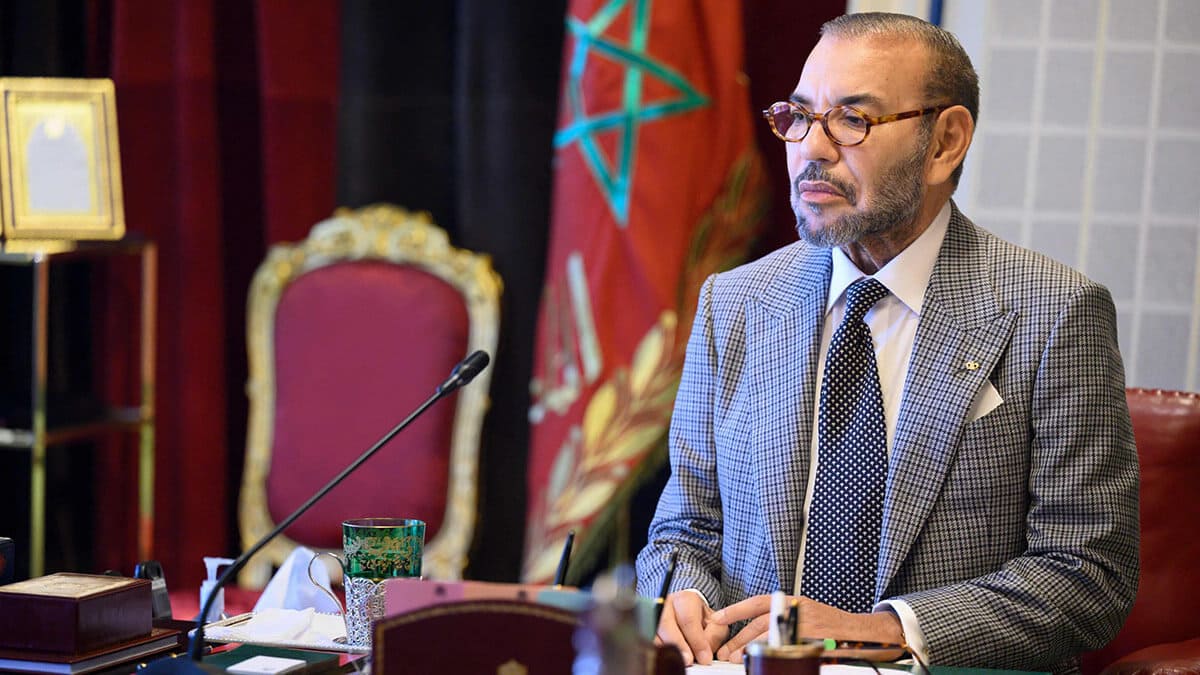
Despite this solid foundation, the relationship suffered a setback in 1979 when Ghana decided to recognise the Polisario Front's self-proclaimed ‘Sahrawi Republic’. However, in 2001, following an official visit by then Ghanaian President John Kufuor to Rabat, the two countries agreed to revitalise their diplomatic ties and work on areas of mutual interest, marking the beginning of a new phase in their relationship.
This diplomatic reunion led Ghana to retract its recognition of Polisario. Although in 2011 Ghana again recognised the separatist entity under a new government, this time there was no cooling of relations with Morocco. On the contrary, the following years saw an increase in diplomatic exchanges, paving the way for the current strategic partnership between Accra and Rabat.
Strengthening trade and cultural cooperation
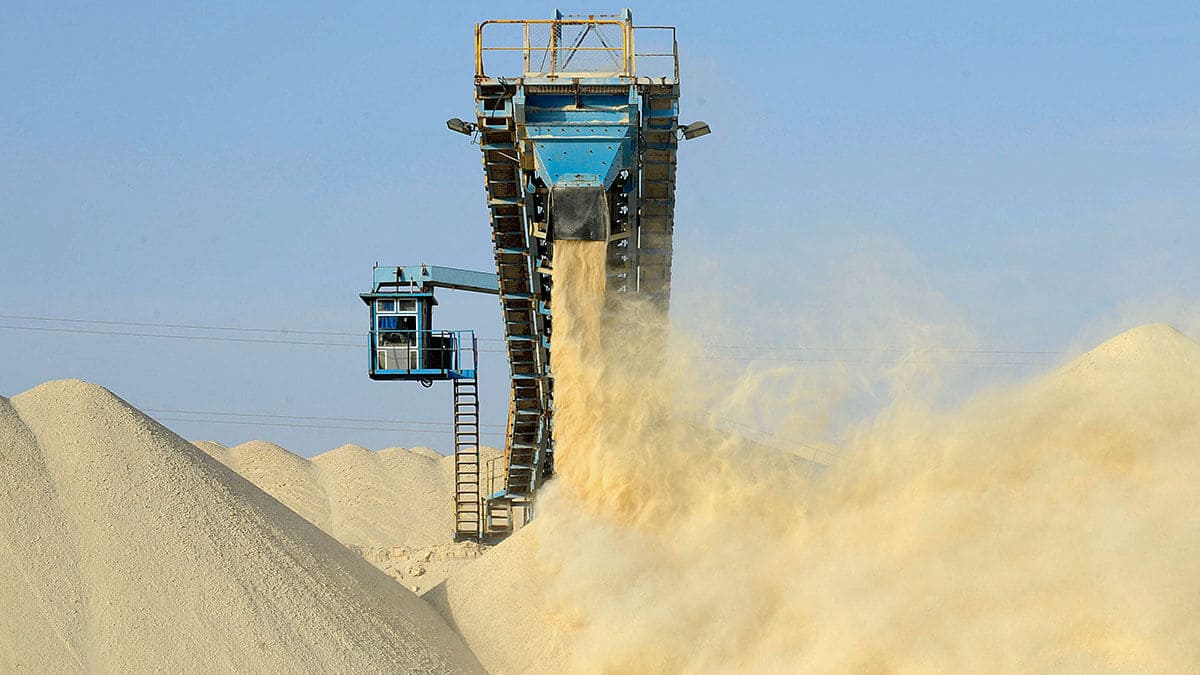
Bilateral trade, foreign direct investment (FDI) and training programmes through Moroccan government scholarships, managed by the Moroccan Agency for International Cooperation (AMCI), are key pillars in the rapprochement between Morocco and Ghana.
In recent decades, the two countries have seen their trade and economic exchanges grow steadily. Recognising the potential for further deepening in these fields, Morocco and Ghana have implemented measures to strengthen their economic relations. In January 2023, they established a double taxation agreement, aimed at avoiding double taxation on commercial and fiscal assets and combating tax evasion. According to Morocco World News, this agreement seeks to facilitate bilateral trade by providing greater clarity on the tax implications of transactions between the two countries.
Ghana has established itself as one of Morocco's main trading partners within ECOWAS. Morocco's exports to Ghana have experienced an average annual growth of 14% over the last 20 years, rising from around $5 million in 1995 to $133 million in 2021. Morocco mainly exports raw sugar, processed and frozen fish, while it imports tropical fruits, cocoa powder and bran from Ghana.
Moroccan investments in Ghana have also grown significantly in the last decade. Moroccan companies such as BMCE bank, cement company CIMAF, real estate group Addoha and fertiliser giant OCP are already established in Ghana, demonstrating the expansion of Moroccan investment in the country. In 2023, Moroccan furniture distribution company KITEA opened its doors in Accra, further consolidating this trend.
OCP's impact on Ghana's food security
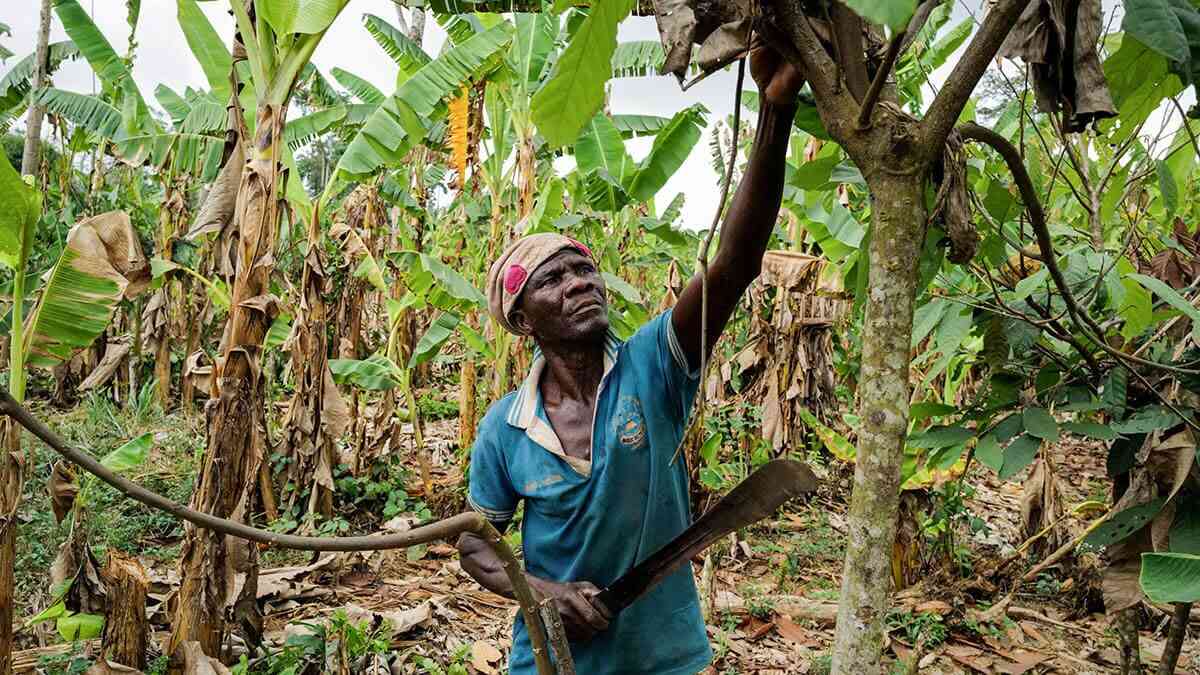
OCP, the Moroccan fertiliser company, has signed important agreements with Ghana's Ministry of Food and Agriculture to improve the fertiliser value chain in the country by offering products at affordable prices to farmers. As part of this collaboration, OCP agreed to build a $1.3 billion fertiliser plant in Takoradi in western Ghana.
This project aligns with Ghana's efforts to modernise its agricultural sector and achieve food security. Once operational, the plant is expected to produce one million tonnes of fertiliser annually, saving Ghana $400 million in fertiliser imports each year.
Human capacity building through scholarships
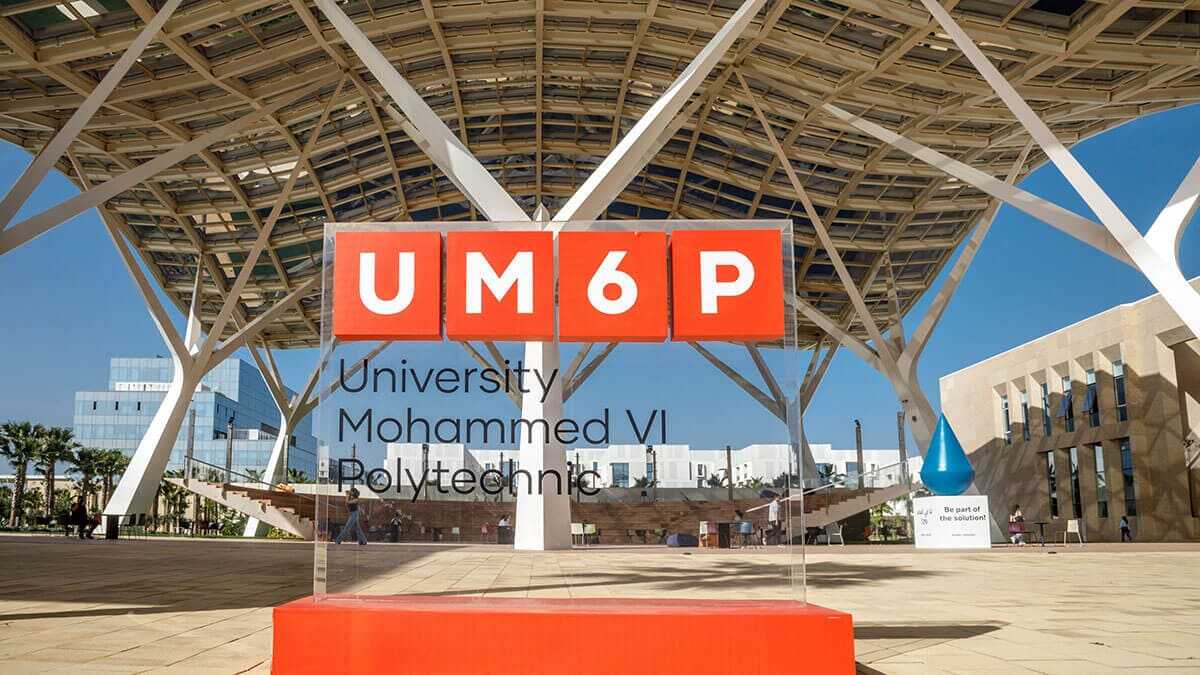
Under the leadership of King Mohammed VI, Morocco has prioritised human capacity building through scholarship programmes that allow Ghanaian students to train in Moroccan institutions. Since 2002, more than 500 young Ghanaians have received training in areas such as medicine, nursing, dentistry, economics and engineering at Moroccan universities. Due to the positive impact of this programme on human resource development in Ghana, the number of places available for Ghanaian students was doubled in 2019 from 45 to 90.
Young people who have participated in this programme have returned to Ghana and other parts of Africa, where they have excelled as professionals and experts in their fields. This underlines Morocco's approach not to condition its diplomatic relations solely on the Sahara conflict, but to integrate them into a broader framework of economic and trade cooperation.
Morocco's decision to strengthen its relations with English-speaking Ghana, beyond its traditional Francophone allies in the ECOWAS region, demonstrates its intention to expand its diplomatic influence on the African continent. This effort is part of the kingdom's broader goal of promoting south-south cooperation with its African neighbours. Morocco's ambition to consolidate its relationship with Ghana is likely to continue to grow in the future and become a model for Africa as a whole.

